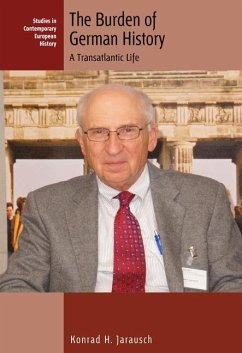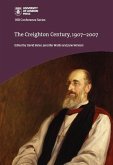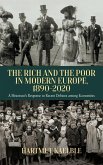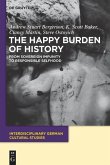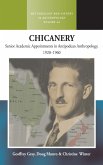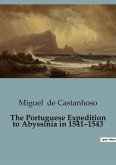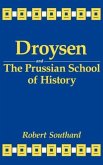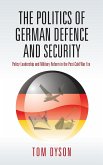"As one of the leading historians of the post-1956 generation and an internationally acclaimed scholar for the past five decades, Konrad H. Jarausch's autobiography presents a sustained academic reflection on the post-war German effort to cope with the guilt of the Holocaust amongst a generation of historians too young to have been perpetrators. Ranging from his war-time childhood in a chaotic country, to Americanization as a foreign student, and concluding with his mentorship of PhDs as a respected international scholar, he weaves together a self-critical historiography of a twentieth-century Germany that was wrestling with the responsibility for war and genocide. This self-reflexive work explores a wide range of topics including the development of German historiography and methodological debates, the interdisciplinary teaching efforts in German studies, and the development of scholarly organizations and institutions"--

